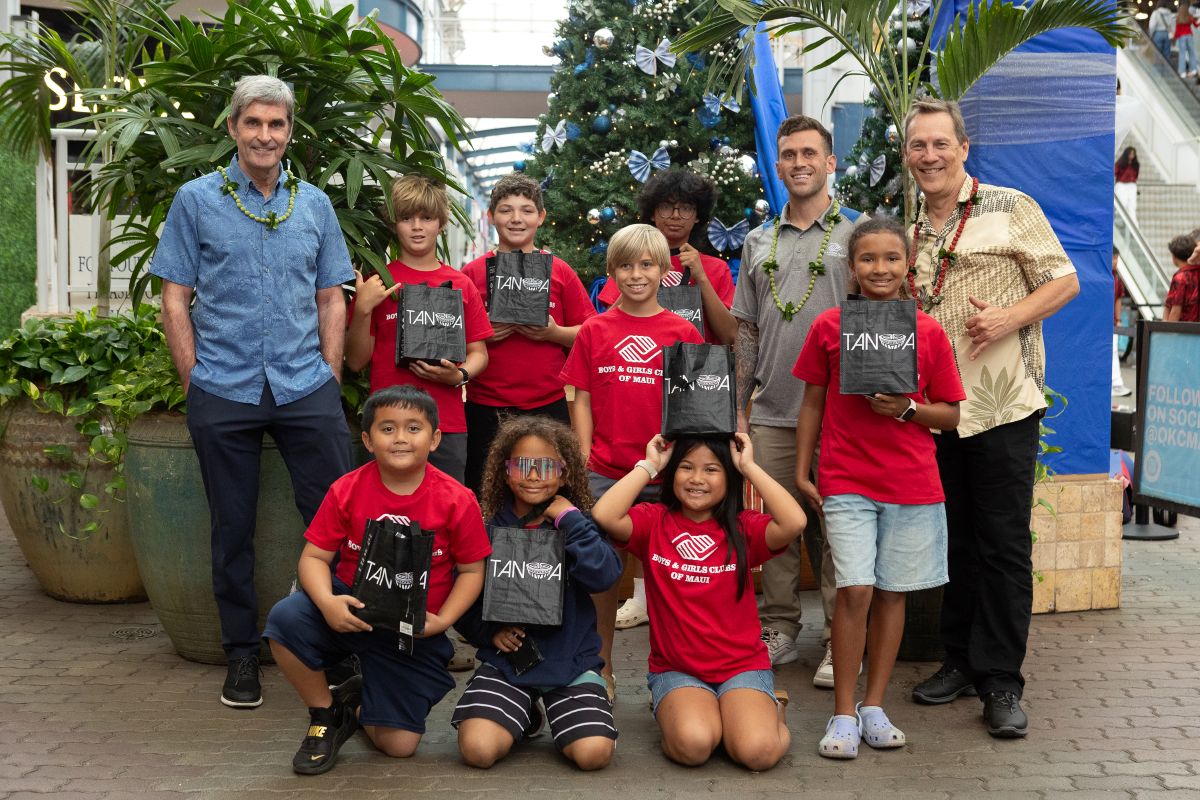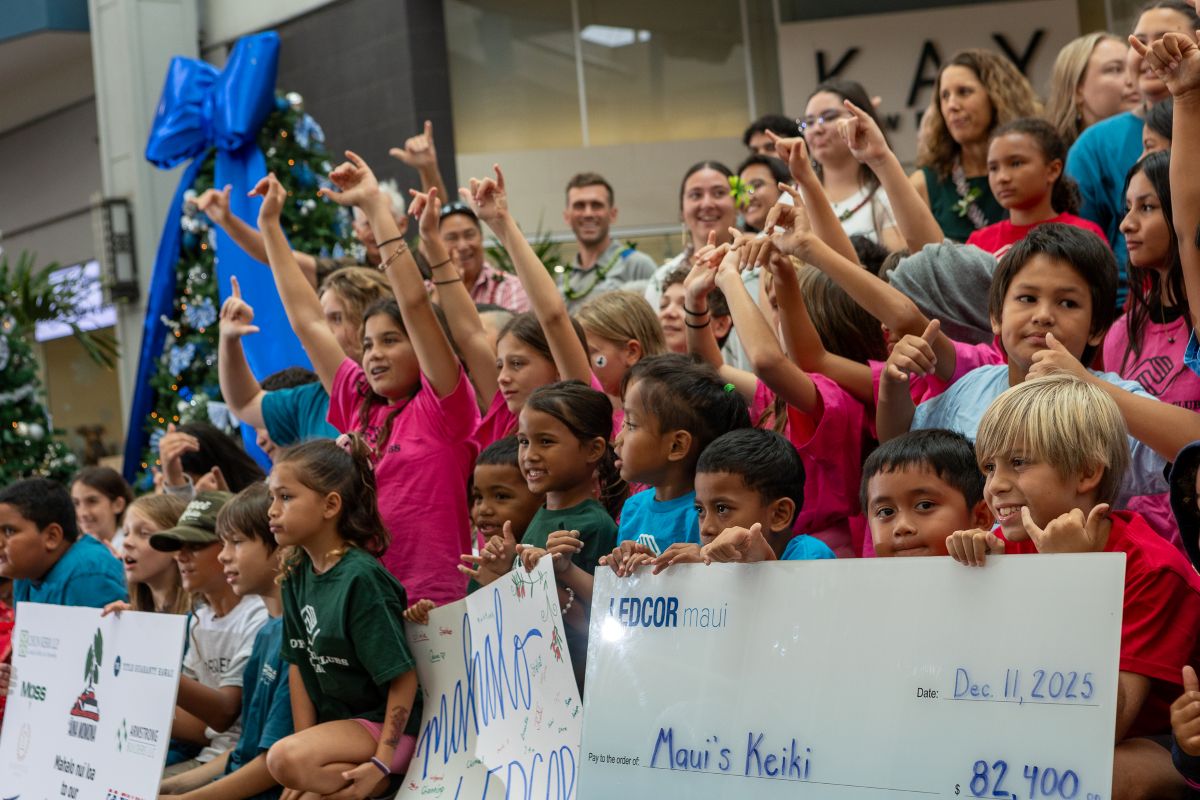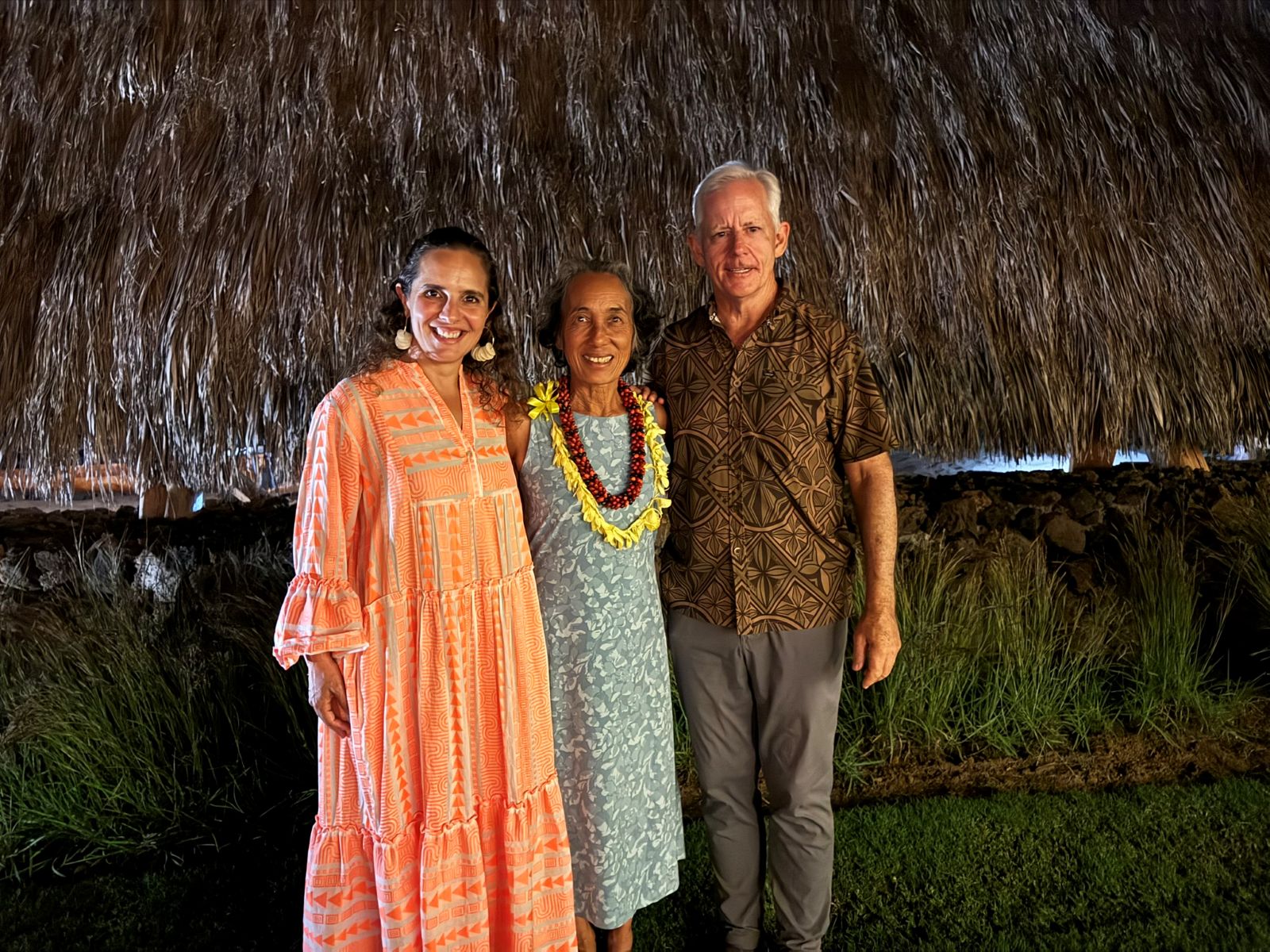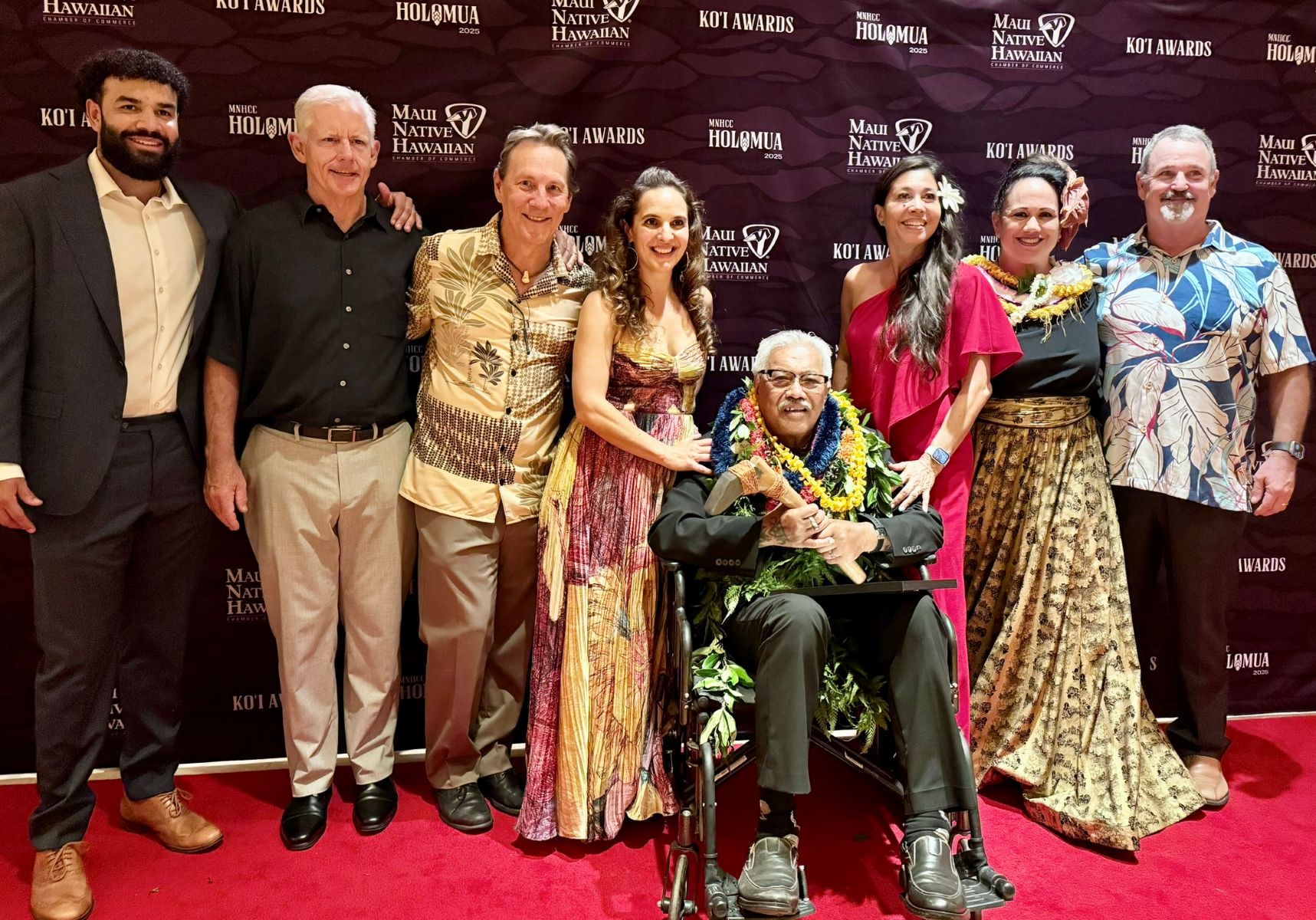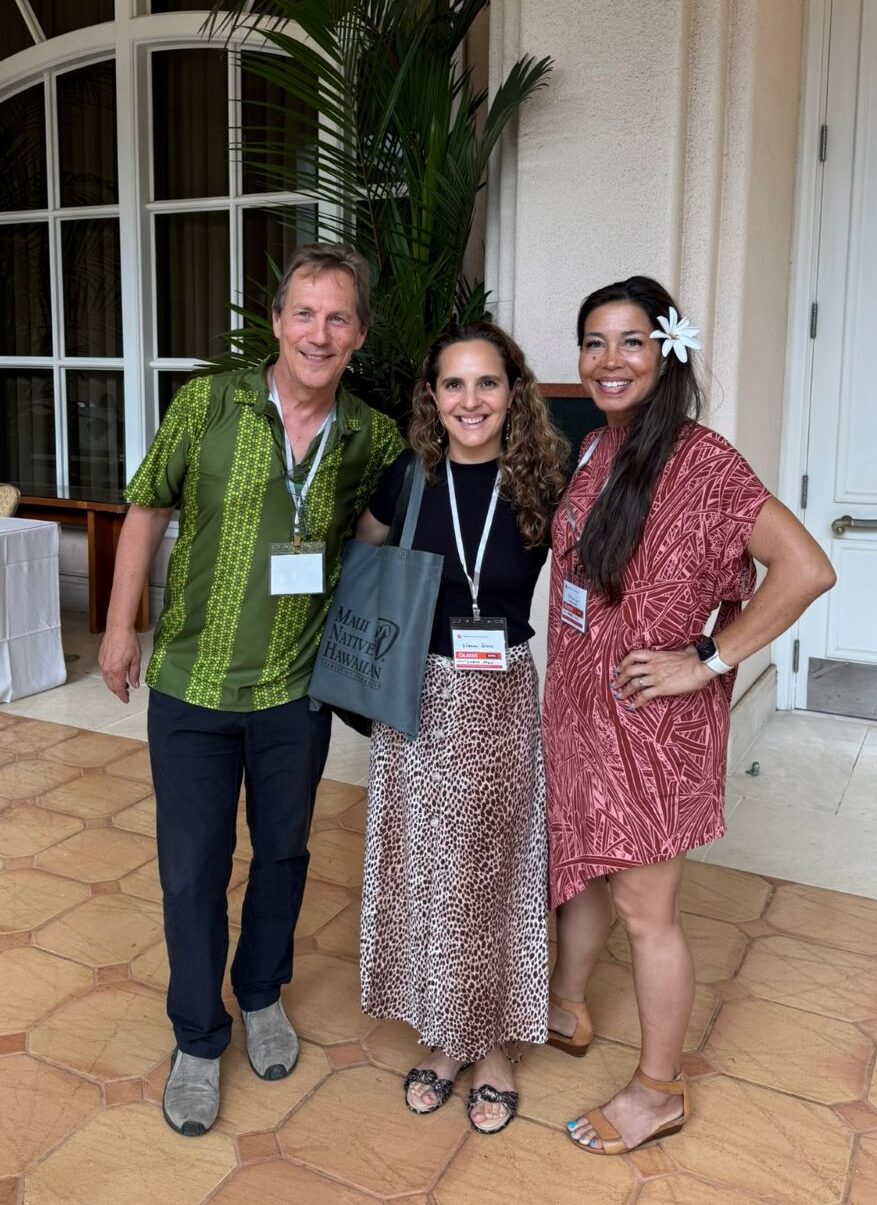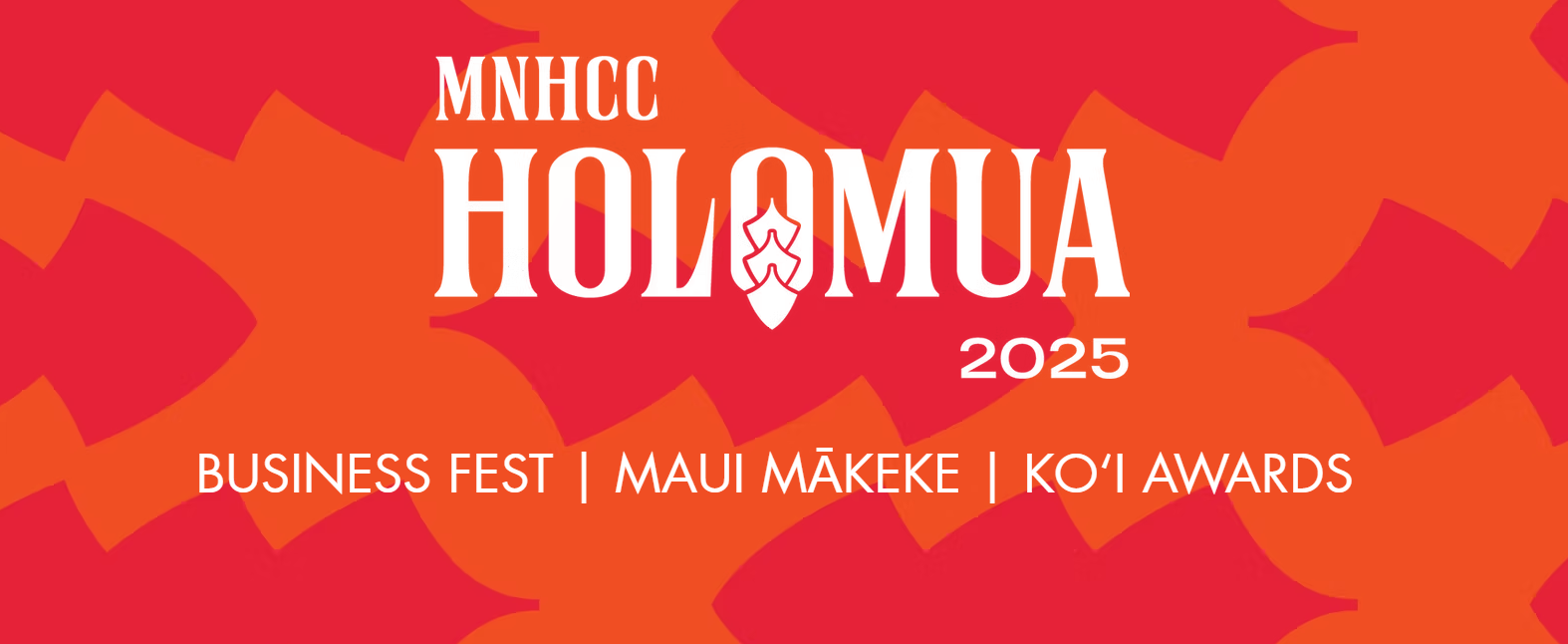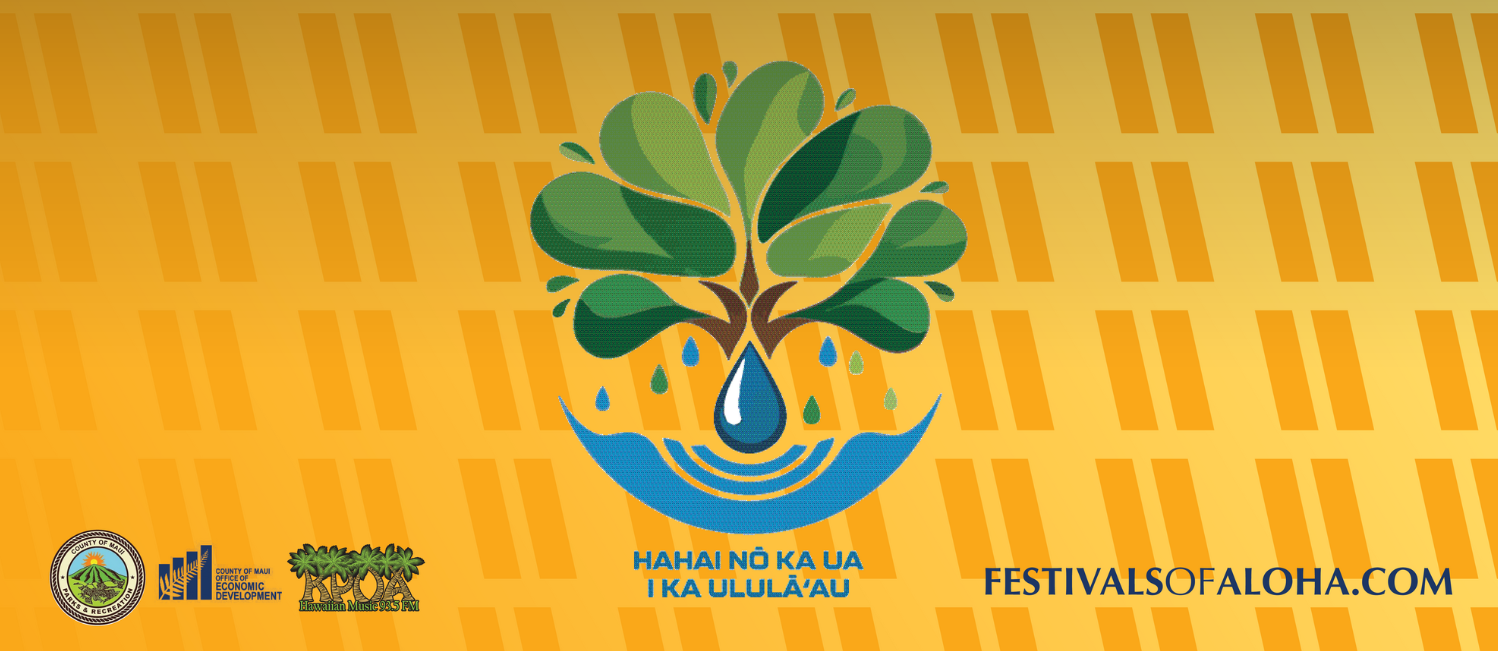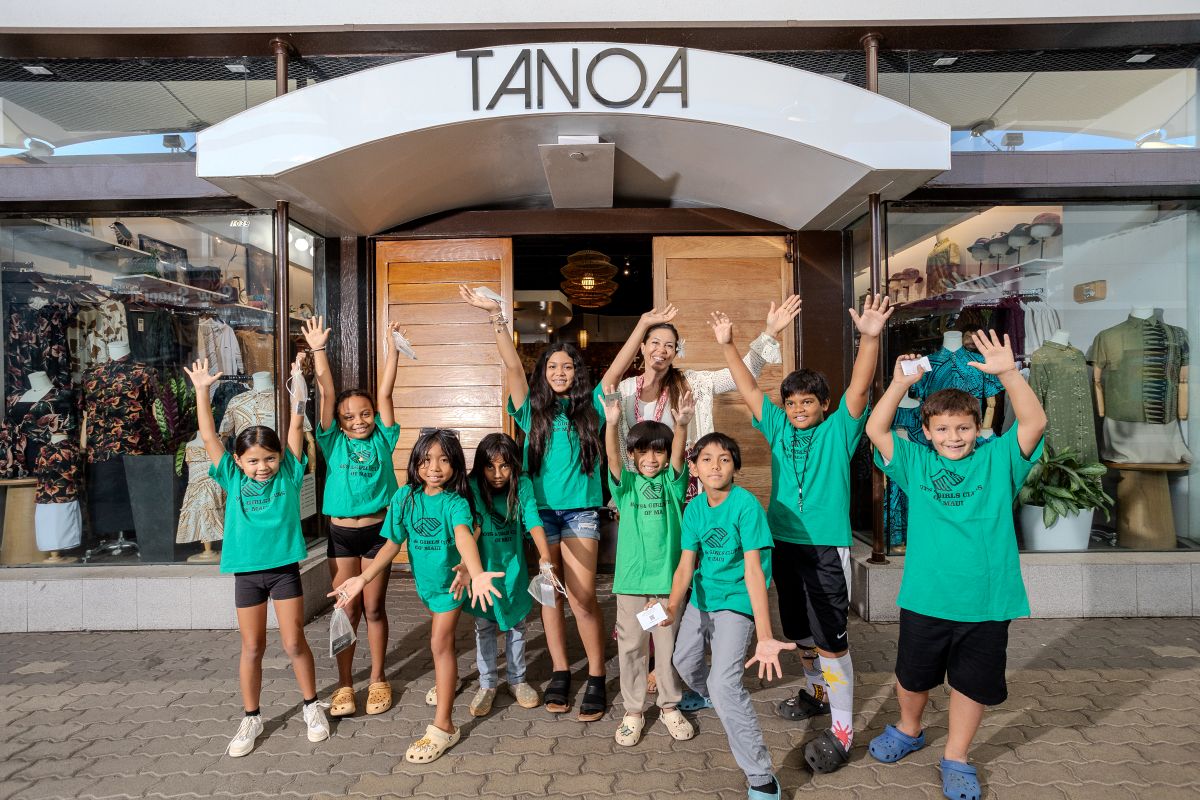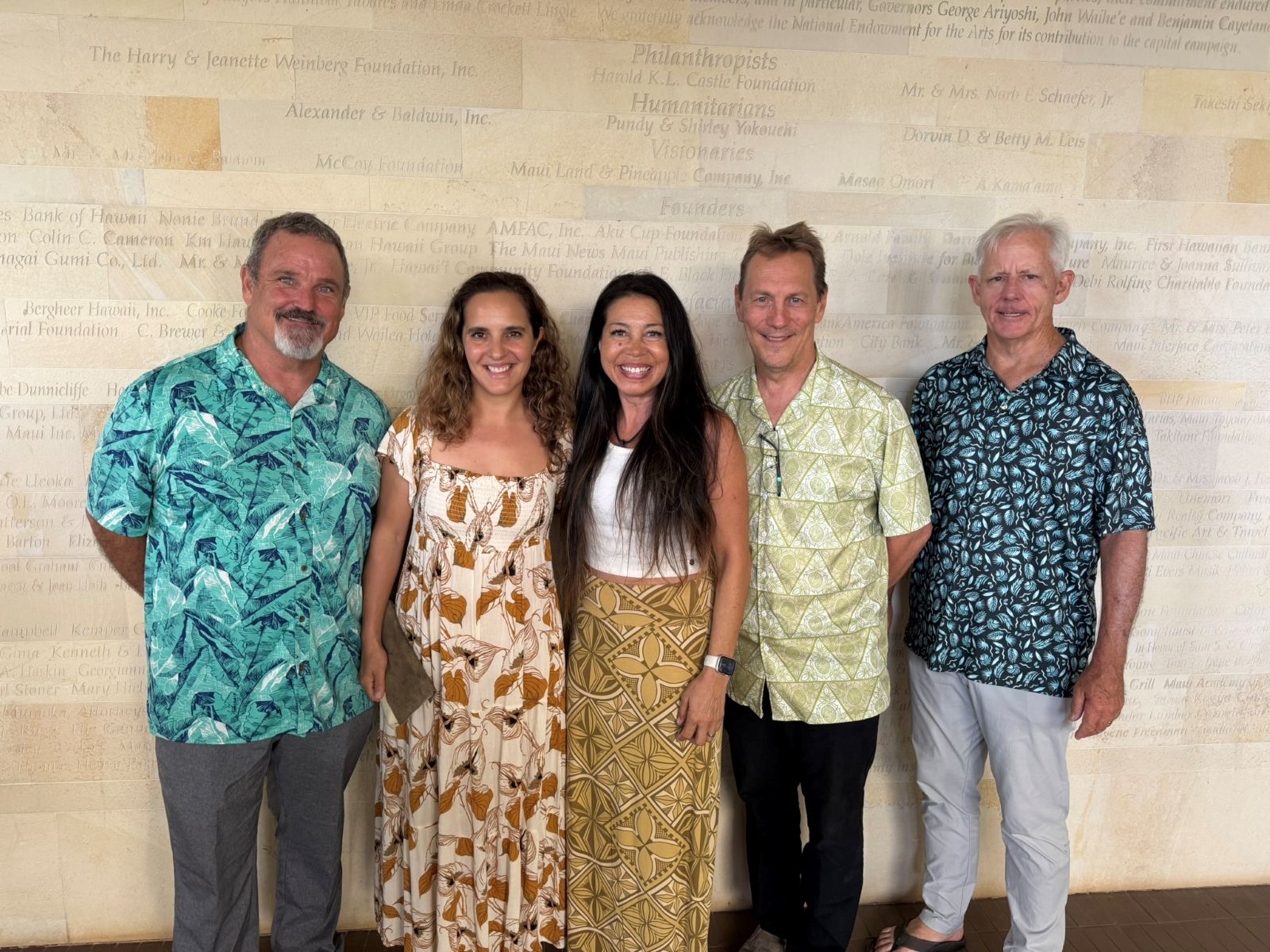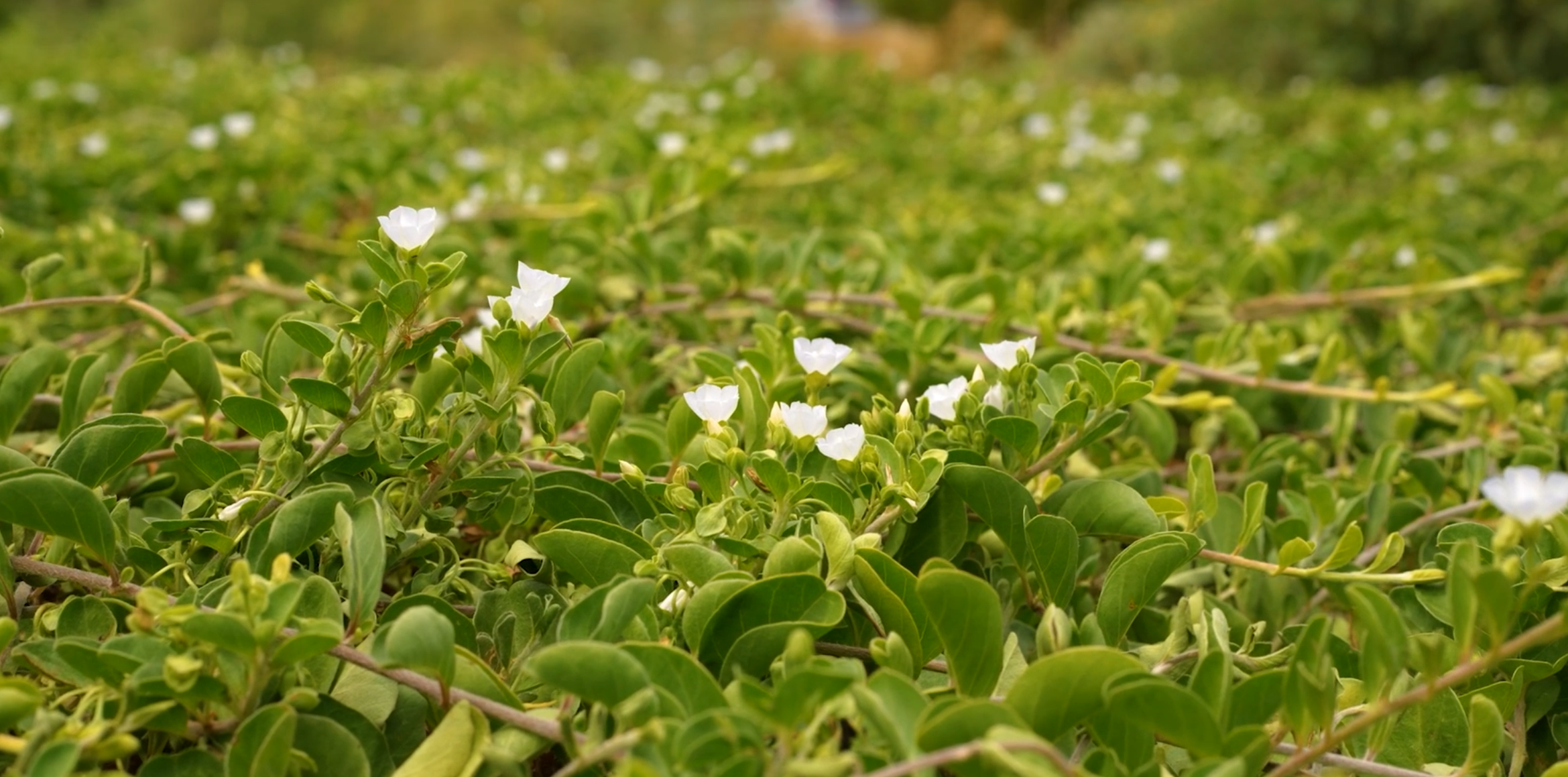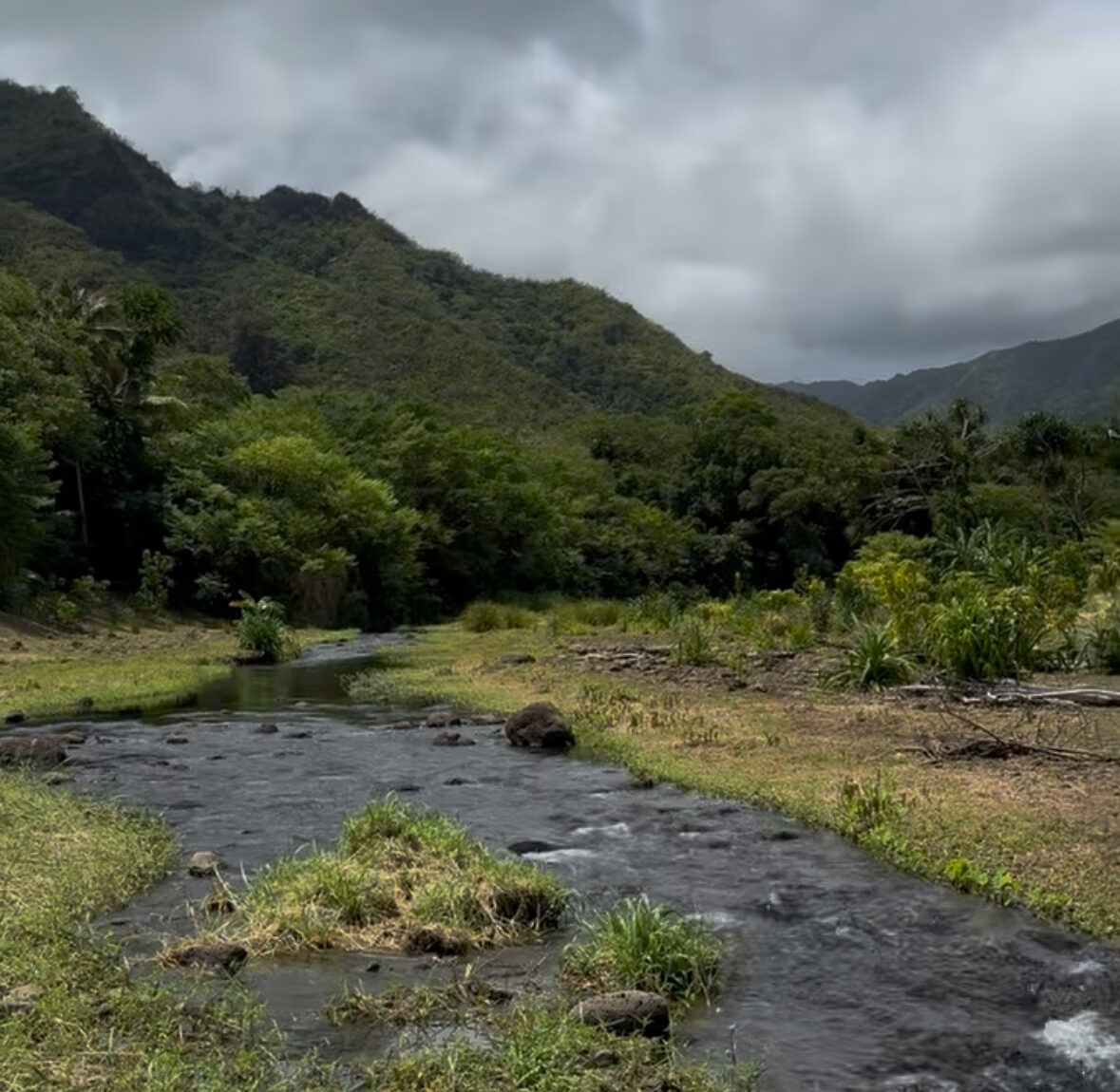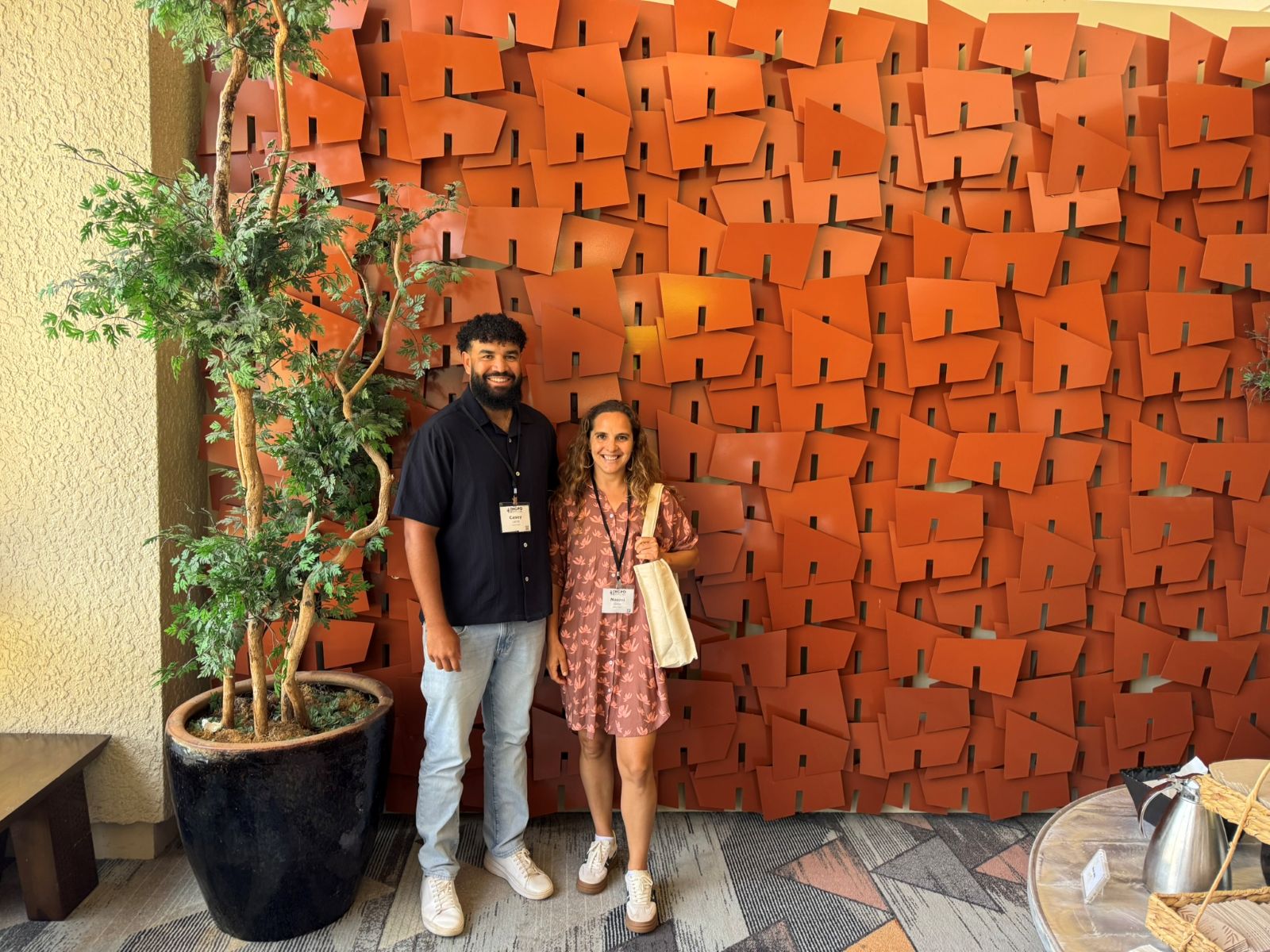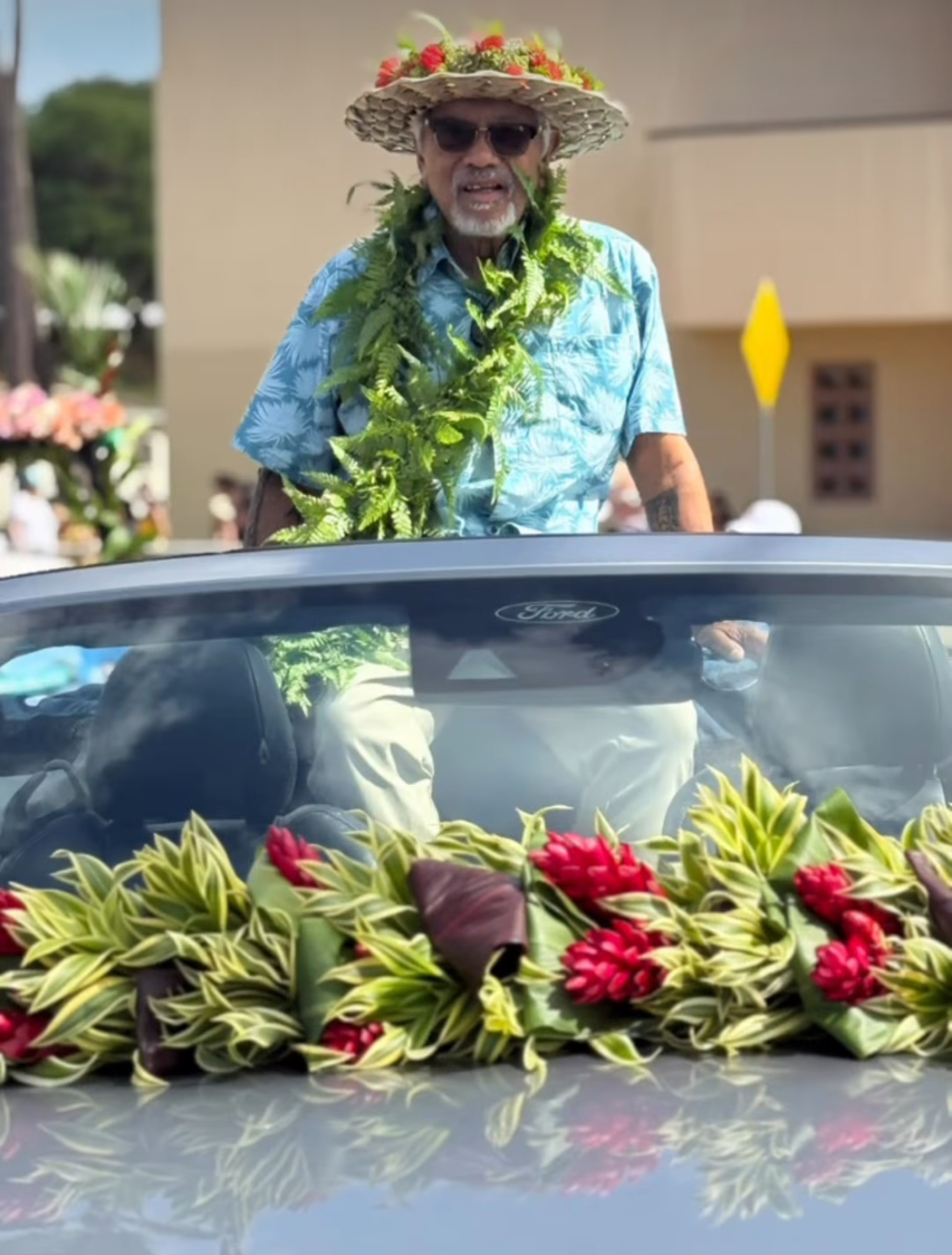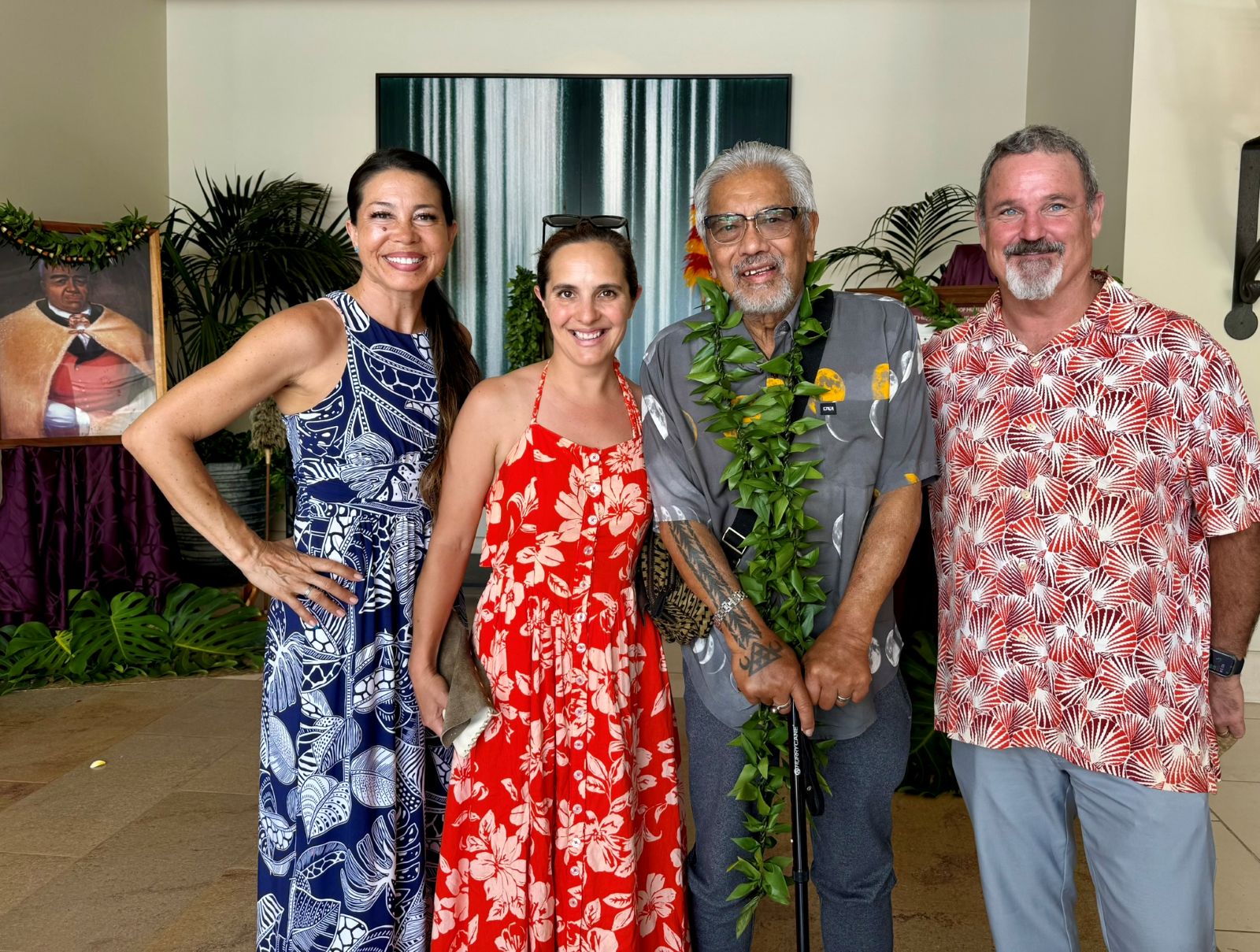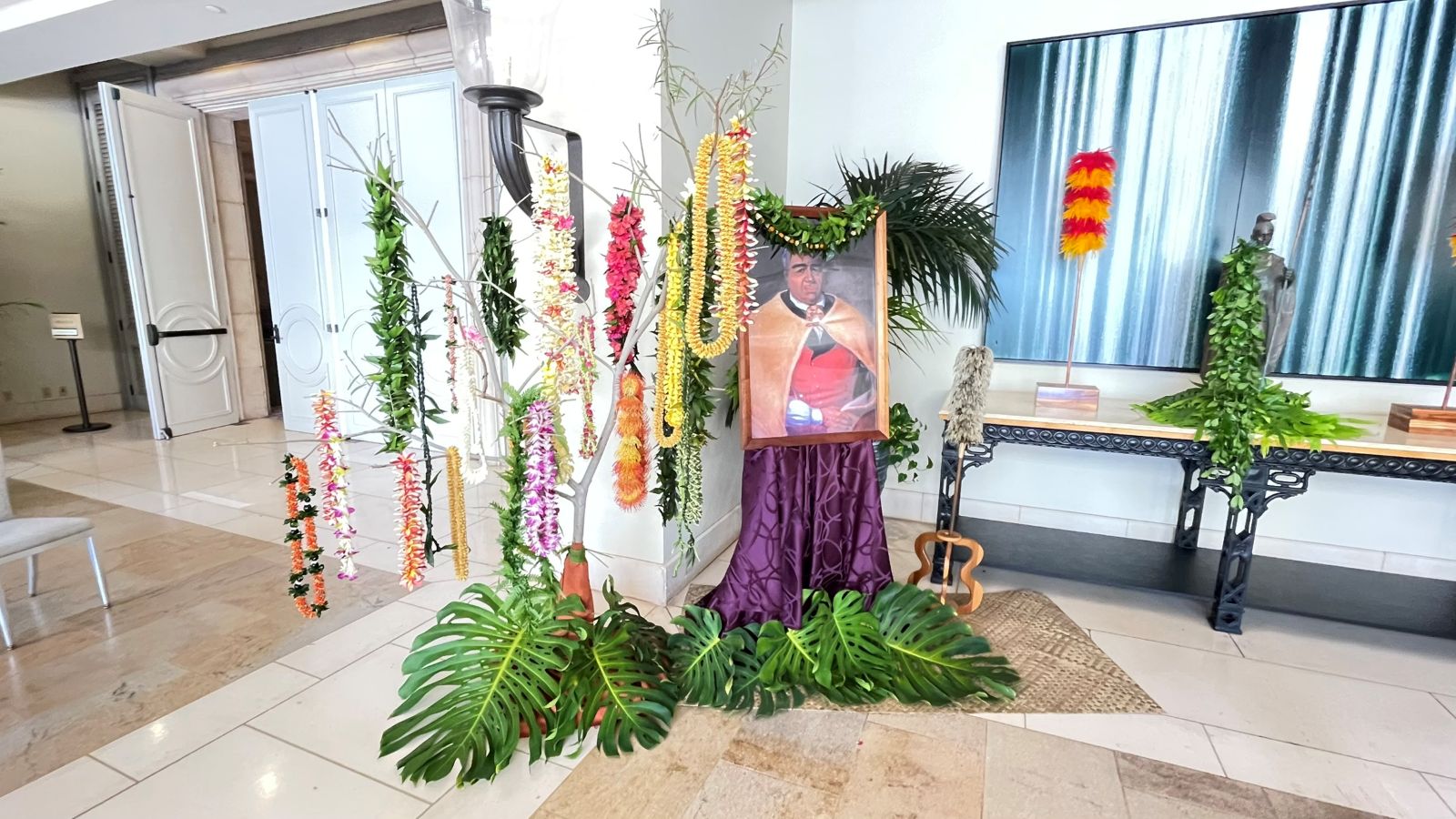Hauʻoli Makahiki Hou!
As we approach the holidays, rather than feeling stressed out, we can try to think of this time of year as the ancient Hawaiians did: as a time of rest and replenishment.
The Makahiki is a period of about four months during each year historically set aside for feasting, sport and games, hula and storytelling. According to ancient Hawaiian scholar David Malo, the Makahiki was a time of “entire freedom from labor…when men, women and chiefs rested and abstained from all work, either on the farm or elsewhere.” They also took a break from warfare, focusing instead on tests of skill and strength.
Beginning when the constellation Pleiades rises in the evening sky, usually late October/early November and lasting through February, Makahiki has always been important to the Hawaiian people as the season of Lono, the god of agriculture, fertility, peace and healing.
“To make way for Lono, the people relinquished their hold on the land,” Herb Kawainui Kāne writes in his classic book Ancient Hawai‘i. “Until early February, the king vacated his role as mediator between his subjects and the spirit Kū, patron of the works of men. Without Kū’s patronage, no important project of work, warfare or politics could be done. Having usurped the land for eight months, men now released it back to Lono so that its fertility might be restored.”
The ancient people purified themselves for the new season by hi‘uwai, or bathing in the sea at dawn. This cleansing rite was followed by four days without labor.
Proud of their harvest, the people of each district gathered food and offerings—such as kalo, kapa, ‘uala (sweet potatoes), and hulu (feathers)—to pay to the aliʻi nui (high chiefs). The konohiki, or tax collector, moved around the island in procession carrying the akua loa, standard of Lono. Adorned with pala fern, feather lei and models of birds, this standard had a carved image at the top and a banner of white kapa cloth hanging from the cross piece.
Another standard, the akua pa‘ani (spirit of games) encouraged people to feast and enjoy sporting events. Some of the sports included boxing, wrestling, surfing, holua sledding and running races, as well as games of skill. One popular game was ‘ulu maika, similar to bowling, in which a player rolls the disc-shaped stone through two poles without hitting either pole. This game has enjoyed a rebirth as part of Makahiki festivals today.
The Makahiki season was traditionally closed with a mock battle in which an ali‘i brought a canoe up onto the beach. He and his men were met by warriors with spears, and had to defend their right to the land and take it back from Lono once again. Makahiki was over, and work began again, but with a fresh spirit of renewal—just as we feel every year, packing away the holiday decorations and cleaning the house.
From all of us at Ledcor Maui: Hauʻoli Makahiki Hou!


